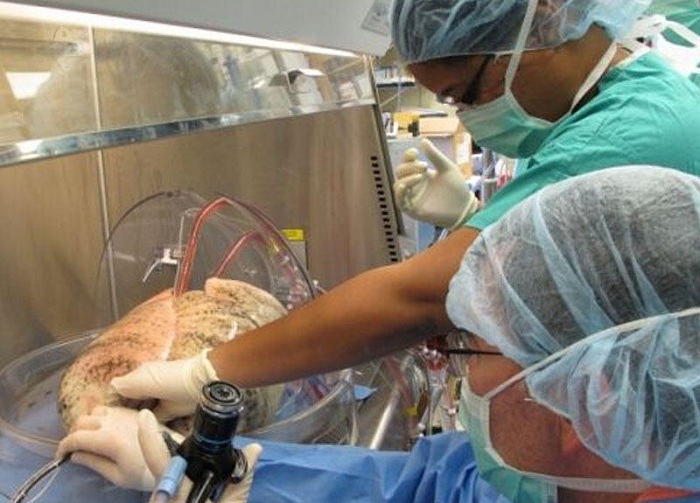
- A-
- A
- A+
Cancer drugs grown in chicken eggs may lower their cost
Researchers in Japan may have found a way to produce cheaper drugs that could be used to treat a range of diseases from chicken eggs.
They have successfully genetically modified hens to produce eggs containing large amounts of interferon beta protein, a protein used to treat various illnesses, including multiple sclerosis and cancer.
The protein is very expensive, costing between $300-$1000 for just one microgram, according to pharmaceutical company, Cosmo Bio who co-led the research.
For treating MS, for example, the interferon dosage can start at 30 micrograms and increase from there.
The research was jointly conducted by scientists from the National Institute of Advanced Industrial Science and Technology (AIST), the National Agriculture and Food Research Organization and Cosmo Bio.
According to Mika Kitahara, a spokesperson for Cosmo Bio, this technology will reduce the price of cancer drugs at least by 90% if proven successful in further trials.
The conventional production of interferon needs large aseptic (sterile) facilities, but eggs work as a protein-producing aseptic system, said Kitahara.
Isao Oishi, chief researcher from the cell and molecule mechanism research group at AIST said the research was conducted to test whether the eggs from genetically modified chickens can be used for cheap production of these proteins.
A range of biological systems can be used to try and create drugs, such as bacteria, yeast and some mammalian cells, but "some proteins just don't suit these systems," said Professor Helen Sang from the Roslin Institute at the University of Edinburgh in the UK. For those that don't quite work, "making protein from egg-white is relatively easy," she told CNN.
"Interferon was discovered as a cell-signaling protein molecule in the body which acts against viruses," said Dr. Robert Bermel, director of the Mellen Center for Multiple Sclerosis at the Cleveland Clinic Neurological Institute. Later it was used to treat auto-immune diseases -- where a person's immune system attacks their body -- like multiple sclerosis, he adds.
Multiple Sclerosis (MS) affects the brain, spinal cord and eyes, resulting in a range of symptoms, such as vision problems, numbness and difficulties walking.
Similar News
Links




 Elm TV
Elm TV
 Photo
Photo
 Video
Video





